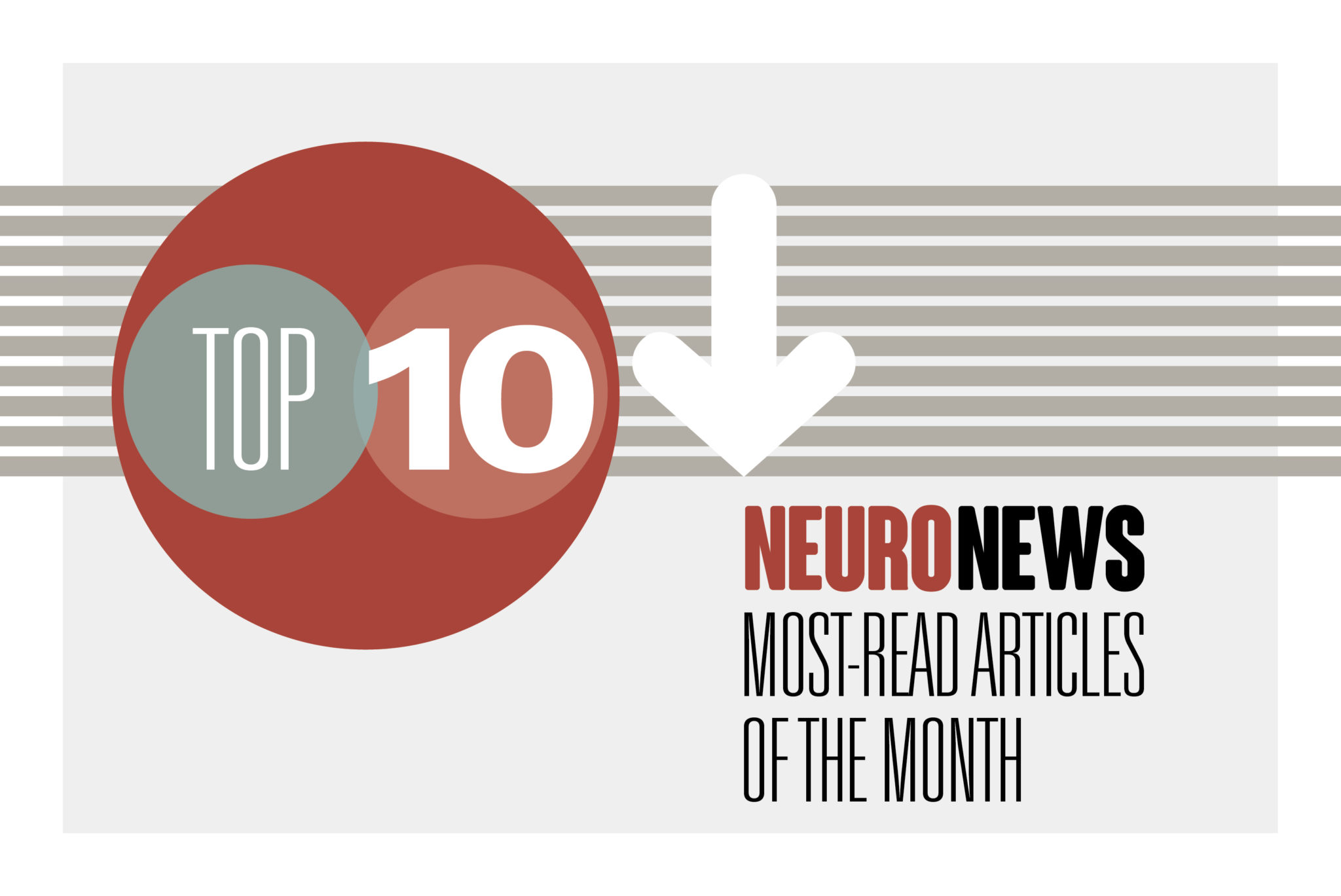 Newly presented data from the 2025 LINNC Paris course (2–4 June, Paris, France) and European Academy of Neurology (EAN) congress (21–24 June, Helsinki, Finland) feature among NeuroNews’ most popular stories throughout last month. Other notable highlights include an exclusive, in-depth interview with the current Society of NeuroInterventional Surgery (SNIS) president, and a number of significant neurovascular device approvals in both Europe and the USA.
Newly presented data from the 2025 LINNC Paris course (2–4 June, Paris, France) and European Academy of Neurology (EAN) congress (21–24 June, Helsinki, Finland) feature among NeuroNews’ most popular stories throughout last month. Other notable highlights include an exclusive, in-depth interview with the current Society of NeuroInterventional Surgery (SNIS) president, and a number of significant neurovascular device approvals in both Europe and the USA.
1. Initial EMBODRAIN study results generate positivity around “tremendous revolution” in neurovascular space
Preliminary data on a transvascular platform for subdural haematoma (SDH) treatment—which involves performing middle meningeal artery (MMA) embolisation and haematoma drainage within a single endovascular procedure—were presented at this year’s LINNC Paris course, indicating the safety and feasibility of the approach across a small cohort of patients.
2. Crossroads Neurovascular secures US FDA clearance for “world’s first” 7Fr-compatible balloon guide catheter
Crossroads Neurovascular has announced that the US Food and Drug Administration (FDA) has granted 510(k) clearance for its “groundbreaking” PATH BGC device—a next-generation balloon guide catheter (BGC) designed to advance neurovascular intervention.
3. One-month COATING data may represent “first step” towards reducing antiplatelet use in flow-diverter treatments
Primary-endpoint findings and initial safety data from the COATING trial—presented by principal investigator Laurent Pierot (Reims, France) at the 2025 LINNC Paris course—suggest comparable thromboembolic event rates between surface-modified and ‘bare’ flow-diverter treatments, potentially laying the groundwork for aneurysm patients to receive less burdensome antiplatelet regimens in the future.
4. Terumo Neuro makes Sofia Flow 88 neurovascular aspiration catheter commercially available in EMEA region
Terumo Neuro has announced the commercial availability of the Sofia Flow 88 neurovascular aspiration catheter in Europe, the Middle East and Africa (EMEA), expanding the company’s stroke portfolio with a new large-bore catheter engineered for reliability, procedural flexibility, and physician control, the company claims.
5. Electronic consent demonstrates potential to overcome “key barrier” in stroke trial recruitment
Post-hoc analyses of a large, randomised clinical trial have revealed the potential advantages associated with electronic informed consent (eConsent) in acute ischaemic stroke studies, including increased enrolment rates and improved adherence to consent documentation. These findings were recently published in the journal Stroke by lead author Iris Davis (Cincinnati, USA), corresponding author Christopher Streib (Minneapolis, USA), and colleagues.
6. PROFILE: Johanna Fifi
Following in the footsteps of many of her neurointerventional mentors as president of the SNIS, Johanna Fifi (New York, USA) has proudly led the society’s mission to expand and enhance the cerebrovascular field throughout the past year. In her current roles as associate director of the Cerebrovascular Center and director of the Pediatric Cerebrovascular Disorders Program at Mount Sinai Health System, she devotes her time and expertise to furthering treatments for adults and children alike with neurovascular diseases. Here, Fifi—a professor of neurosurgery, neurology and radiology—discusses her career to date in addition to key areas of promise in the neurointerventional field.
7. Acandis to support ICARUS study with goal of advancing ICAD-related LVO stroke treatment
Acandis has announced that it will play a supporting role in the ICARUS study, which was recently launched by University Hospital Basel (Basel, Switzerland)—under the direction of Marios Psychogios—to evaluate urgent stenting in the treatment of intracranial atherosclerotic disease (ICAD)-related large vessel occlusion (LVO) strokes. The first patient was successfully enrolled in April 2025.
8. EAN 2025: heart rate variability during sleep may reveal early signs of stroke, depression or cognitive dysfunction
New research presented at the 2025 EAN congress has uncovered a notable link between nighttime heart rhythm and future health conditions—even in people with no obvious sleep problems.
9. Anaconda Biomed receives CE-mark certification for ANA5 funnel catheter
Anaconda Biomed has announced that it has received CE-mark certification for its ANA5 funnel catheter. The CE marking confirms that the ANA5 device complies with the European Union’s (EU) health, safety and environmental protection standards, enabling its eventual commercial viability across the EU, as noted in a company press release.
10. CGuard Prime carotid stent gains US and European approvals for stroke prevention
InspireMD has been granted premarket approval (PMA) from the US FDA for its CGuard Prime carotid stent system in the USA—news that follows the company’s recent announcement of CE-mark approval under the European Medical Device Regulation (MDR).







